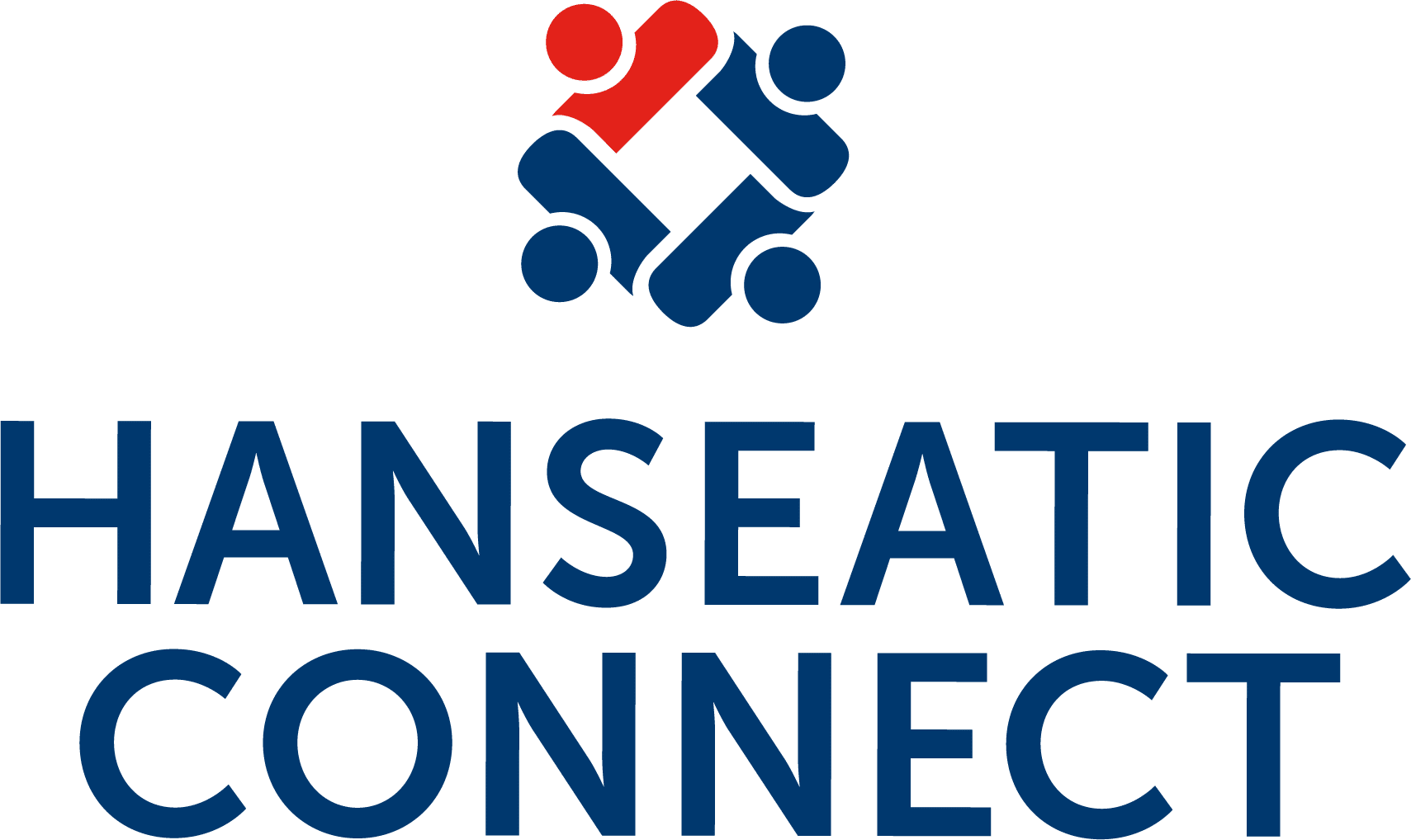The healthcare industry is changing—fast. New technologies, workforce shortages, and evolving patient needs are reshaping the way we deliver care. Recent discussions at Kongress Pflege 2025, brought these challenges to the forefront, gathering experts, policymakers, and frontline professionals to explore the path forward.
The discussions were candid: How do we balance efficiency with quality care? Can digital transformation ease the burden on healthcare workers? What policies are needed to build a sustainable workforce?
The answers aren’t simple, but one thing is clear—real solutions require collaboration, investment, and a commitment to long-term change. Here’s what we learned.
The Role of Digital Transformation in Healthcare
With the rapid advancement of AI, digital patient records, and automation, there is growing optimism about how technology can relieve administrative burdens, optimize workflows, and improve patient outcomes. One of the most striking examples was the use of an AI-driven robotic assistant in geriatric care, showcasing how digital innovation could support an aging population.
However, several experts also warned of barriers to adoption, including:
- The need for comprehensive training to ensure effective integration.
- Data security concerns and patient confidentiality.
- Financial constraints limiting the accessibility of advanced technologies.
While digitalization is an inevitable shift, its implementation must be strategic, ethical, and inclusive to truly enhance healthcare systems rather than create new challenges.
Quality Care vs. System Efficiency: Finding the Right Balance
A major talking point was the tension between cost-efficiency and maintaining high-quality patient care. While healthcare systems face increasing financial pressures, speakers emphasized that cost-cutting measures should never come at the expense of adequate staffing, work-life balance, and the time needed for patient-centered care.
To safeguard quality, experts highlighted the importance of:
- Sufficient workforce planning to prevent staff burnout.
- Fair staffing ratios that allow nurses and caregivers to provide proper attention to each patient.
- Investment in training and continuous education to ensure the workforce remains skilled and adaptable.
This discussion reinforced that staffing shortages are not just a logistical issue—they directly impact patient well-being and treatment outcomes.
Policy & Legislative Support: A Critical Need
A strong message throughout the event was the need for stronger legislative frameworks to support healthcare professionals. Several discussions addressed the urgent demand for:
- Better wages and working conditions to attract and retain skilled staff.
- Stronger labor protections to prevent exploitation and overwork.
- Increased government funding to sustain healthcare infrastructure and workforce stability.
- And a voice which will be heard in unity
Many speakers called for policymakers to align labor laws with the realities of the healthcare workforce, ensuring that long-term care needs are adequately met.
Strength in Solidarity: The Power of Nursing Advocacy
A recurring theme was the importance of nurses uniting as a collective force to influence policy, improve working conditions, and gain recognition for their invaluable contributions. Many attendees highlighted how:
- Nurses are often undervalued in decision-making, despite being the backbone of healthcare systems.
- Strengthening a unified professional identity can shift public perceptions and reinforce the highly skilled nature of nursing.
- Advocacy through professional organizations can lead to meaningful reforms in wages, benefits, and labor protections.
Moving Forward: How Can We Contribute?
At Hanseatic Connect, we believe in empowering healthcare professionals by providing sustainable career pathways that support both individual growth and industry needs. Our holistic recruitment approach ensures that internationally trained professionals are not just placed in roles but are set up for long-term success through:
- Comprehensive recruitment and onboarding support.
- Tailored language and integration training.
- Ethical recruitment processes, reinforced by our Fair Recruitment Seal.
The Kongress Pflege 2025 made it clear: the future of healthcare depends on investing in people, embracing technology responsibly, and advocating for stronger policies. As we move forward, we remain committed to building a resilient, well-supported, and skilled healthcare workforce.
📩 Want to learn more about building a sustainable healthcare workforce?

